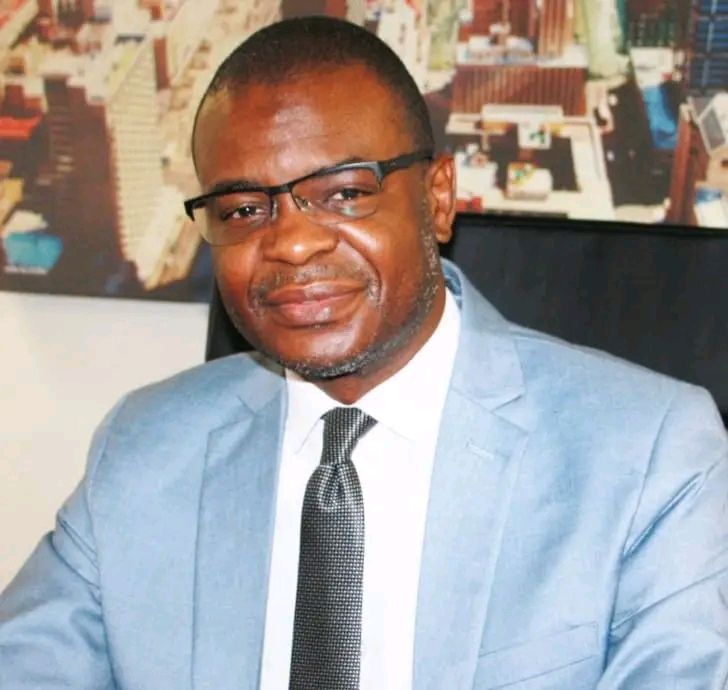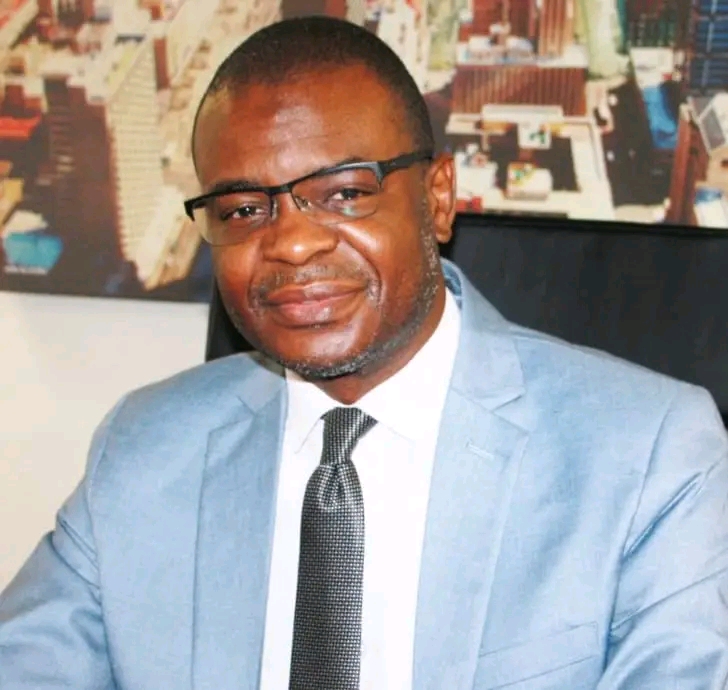By Chisomo Phiri
The Don Consultancy Group (DCG) Chief Economist and Alliance for Democracy (AFORD) National Director for Economic Affairs, Chifipa “Chifi” Mhango, say the Malawi Congress Party (MCP) government is facing significant challenges in managing the country’s economy, with import cover reaching alarmingly low levels.
The two sounded the alarm on the country’s fiscal health.
Mhango cited the Reserve Bank of Malawi’s latest data, which reveals a widening budget deficit, skyrocketing government expenditure, and a massive accumulation of government debt, accounting for over 80% of the country’s Goss Domestic Product (GDP).

“The numbers are staggering. Malawi’s government expenditure has ballooned from Mk1.8 trillion in 2020 to a record Mk3.3 trillion in 2023. In the first eight months of 2024 alone, the government has already spent Mk3.6 million, surpassing the total expenditure for 2023.
“What’s more, a whopping 75.1% of this expenditure has gone towards administrative costs, leaving a meager 24% for development projects,” he said.
Mhango indicated that the country’s foreign exchange reserves have dwindled to critical levels, making it difficult to import essential goods like fuel and fertilizer.
He said as of August 2024, the reserves stood at Mk941.4 billion, equivalent to 0.5 months or 15 days of import cover.
Mhango said he believes that the current approach of devaluing the Kwacha has not boosted exports due to a weak production base and uncompetitive products.
He said Instead, devaluations are done to influence forex demand in the market.
With the growing need for foreign currency and the country reaching stressful levels of import cover, Mhango warned that further devaluation of the Malawi Kwacha may be imminent.
He indicated that AFORD is currently drafting an economic policy with clear targets and implementation strategies to address these challenges.
“The party plans to present its manifesto in September 2025, outlining action-oriented and results-driven goals to correct Malawi’s economic course.
“The World Bank has also highlighted Malawi’s economic challenges, including a high fiscal deficit, inflation, and a significant current account deficit.
“The bank’s Country Partnership Framework (CPF) for Malawi focuses on bolstering foundations for growth and accountability, promoting private sector-led jobs, and strengthening human capital development, with digital development and women’s empowerment as cross-cutting themes,” he said.
Mhango’s warning comes as Malawi’s economic growth is projected to slow down due to drought and other external factors.
The country’s reliance on rain-fed agriculture, coupled with its vulnerability to climate change, poses significant risks to its economic stability.
The International Monetary Fund has estimated that Malawi needs approximately $1.6 billion in external financing to meet its development needs.
In light of these challenges, it is imperative for the Malawi government to adopt a more fiscally responsible approach to managing the economy.
This includes reducing expenditure, increasing revenue, and exploring alternative sources of financing.
By doing so, Malawi can mitigate the risks associated with its economic instability and create a more sustainable future for its citizens.



